A mass funeral was held on Friday for the victims of the Christchurch massacre in which a white nationalist gunned down worshippers during services at two mosques on March 15.
To show their solidarity for the 50 victims who lost their lives, women of all religious backgrounds donned headscarves while a mass funeral was held on Friday for 26 of the victims at a Muslim cemetery in Christchurch.
Two movements encouraging non-Muslim women to show their solidarity resulted in the wake of the terrorist attack on the Muslim community.
One was headed by Thaya Ashman, a medical doctor from Auckland.
Ashman, who spent some time working in Afghanistan and Pakistan, according to ABC News, came up with "Headscarf for Harmony" after watching a Muslim woman telling the news how terrified she is of walking out in public donning her hijab – the religious garment symbolizing Islamic women's devotion to god.
Ashman explained the significance of the headscarf movement.
"This is a headscarf which both women and men throughout the world, have been wearing since time immemorial."
"It's a simple invitation to the whole of New Zealand to show our support, but also to recognize our grief as New Zealanders."
She hopes the movement will bridge cultural gaps and bring people from all walks of life together through kindness and acceptance.
For her, it's not an option.
"We have to change the rhetoric in our countries to move towards each other, with gentle gestures and heartfelt kindness, to create the space to hear each other's stories, to discover our similarities, build relationship, make our streets safe for each other and deliberately and determinedly choose to live in harmony."
The second movement was spearheaded by organizer Anna Thomas, called, "Scarves in Solidarity," in which she encouraged others to show their support for "our Muslim sisters."
"I just thought, why don't we all wear a scarf on Friday, a week on from this tragedy, and walk alongside our Muslim sisters as a mark of respect."
"Women, especially those who wear the hijab, are fairly regularly fearful when they go out in the streets, and what a better way to show support and walk alongside them than to wear one."
The movements saw a huge turnout with many participating.
Non-Muslim women shared why they were participating in the movement.
Cherie Hailwood, 24, told CNN how honored she is to walk alongside her fellow New Zealand sisters.
"These people are New Zealanders, just like I am. I understand that one day is very different to wearing it all the time, but I am honored to be given the permission of the Muslim community to walk in their shoes."
She added:
"Even just for a day. ... One bad egg doesn't represent Australia, one bad egg doesn't represent New Zealand. This terrible attack does not define us."
Izzy Ford, 45, wanted to convey to her children that in spite of appearances, we are all the same.
"We wanted to show our children that just because we may not belong to the same religions, or we may look different, we are all equal."
"I know days, weeks, months will go by and we will remove our scarves and be back to our lives, and for our Muslim community they will continue, but for this moment in time we want to show them we are them, we love them, and they are our family."
Aljazeera reported that 41 of the victims were buried this week, including the 26 laid to rest on Friday after the Muslim call to prayer followed by two minutes of silence.

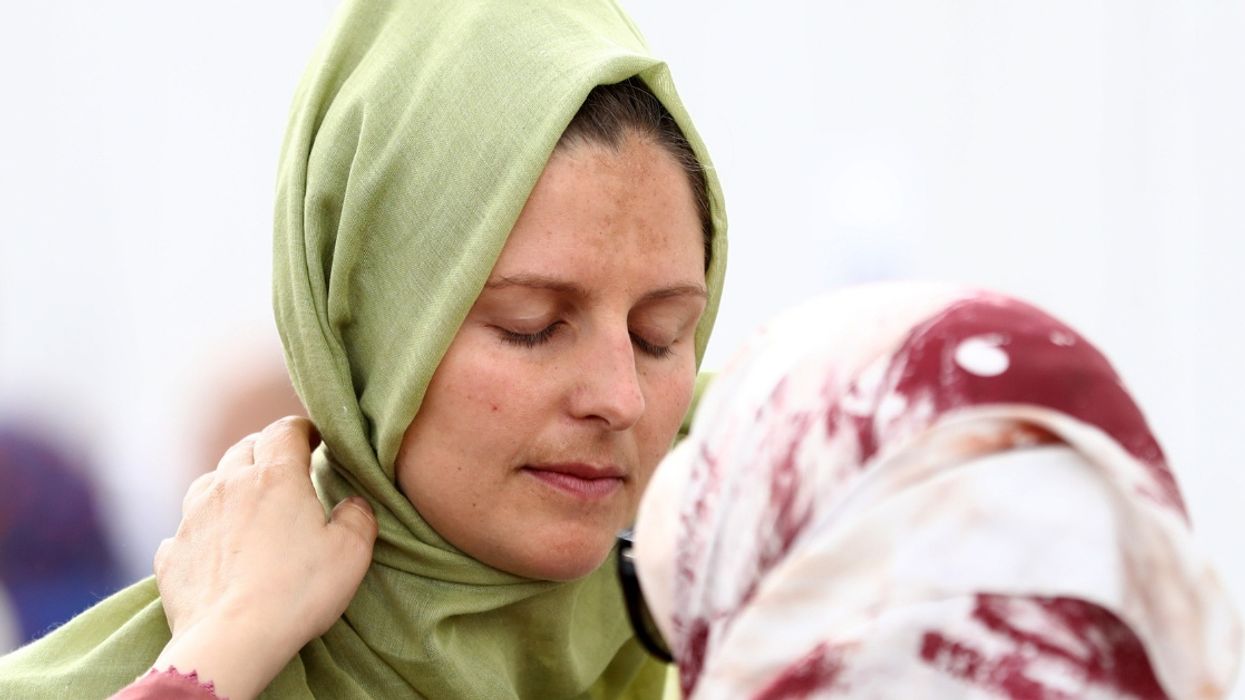


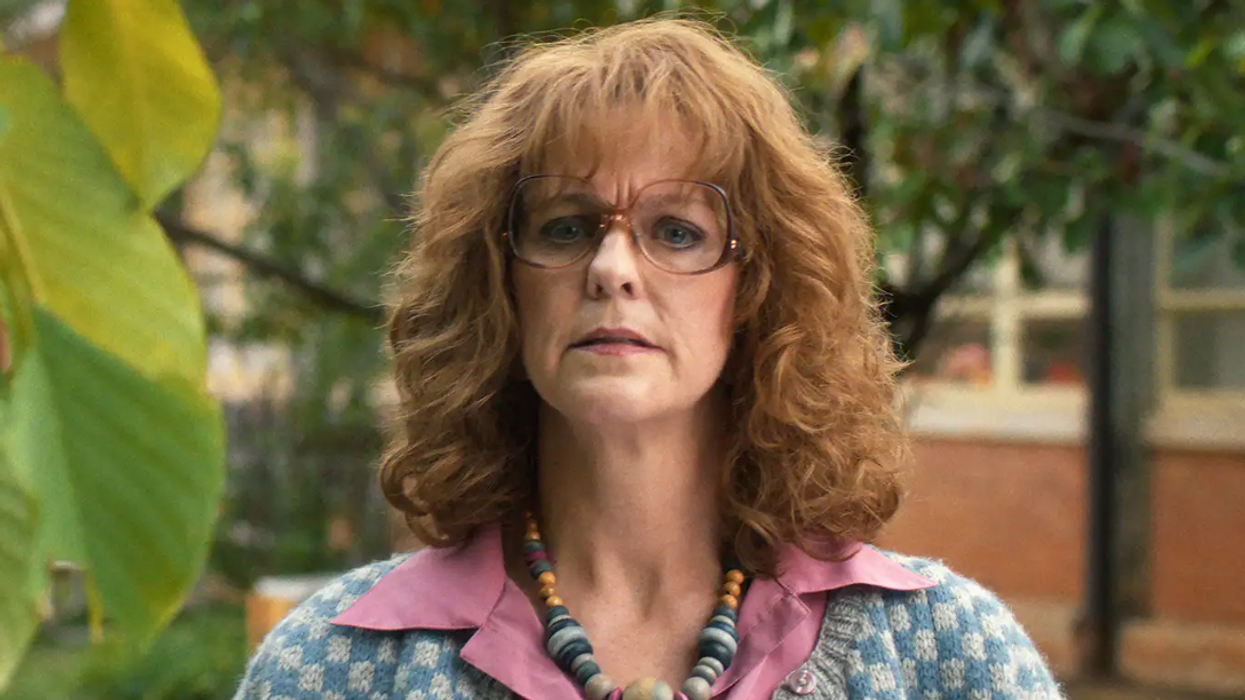

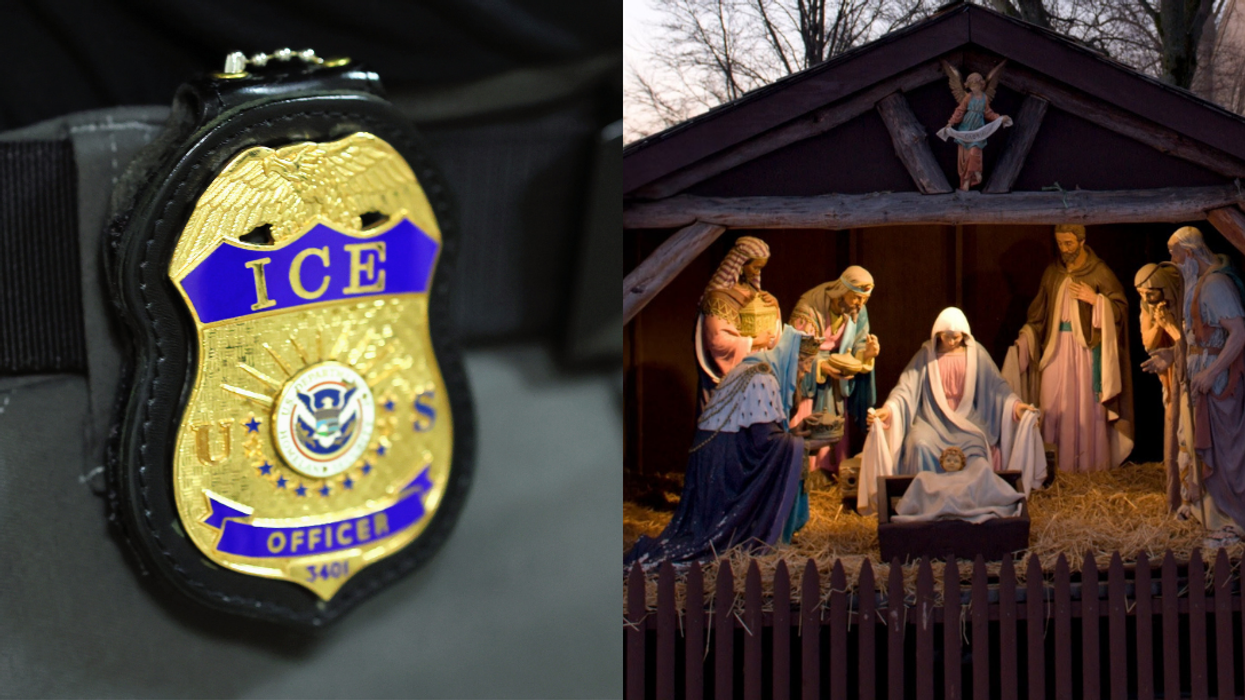
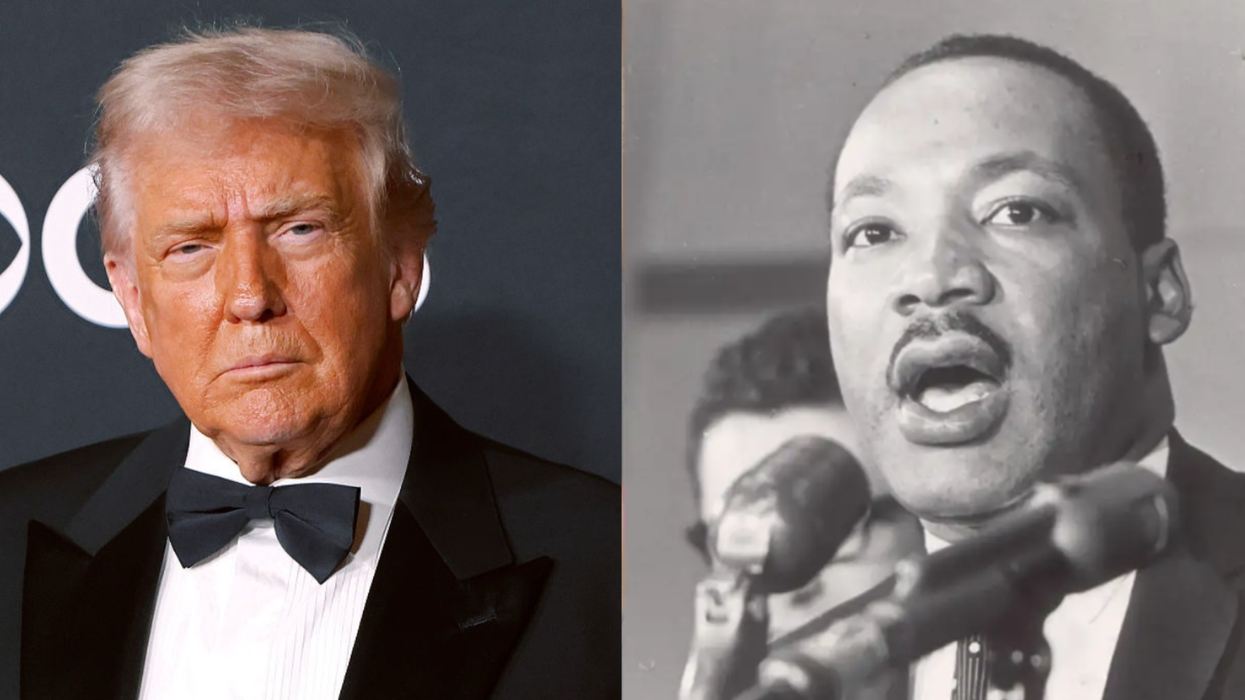
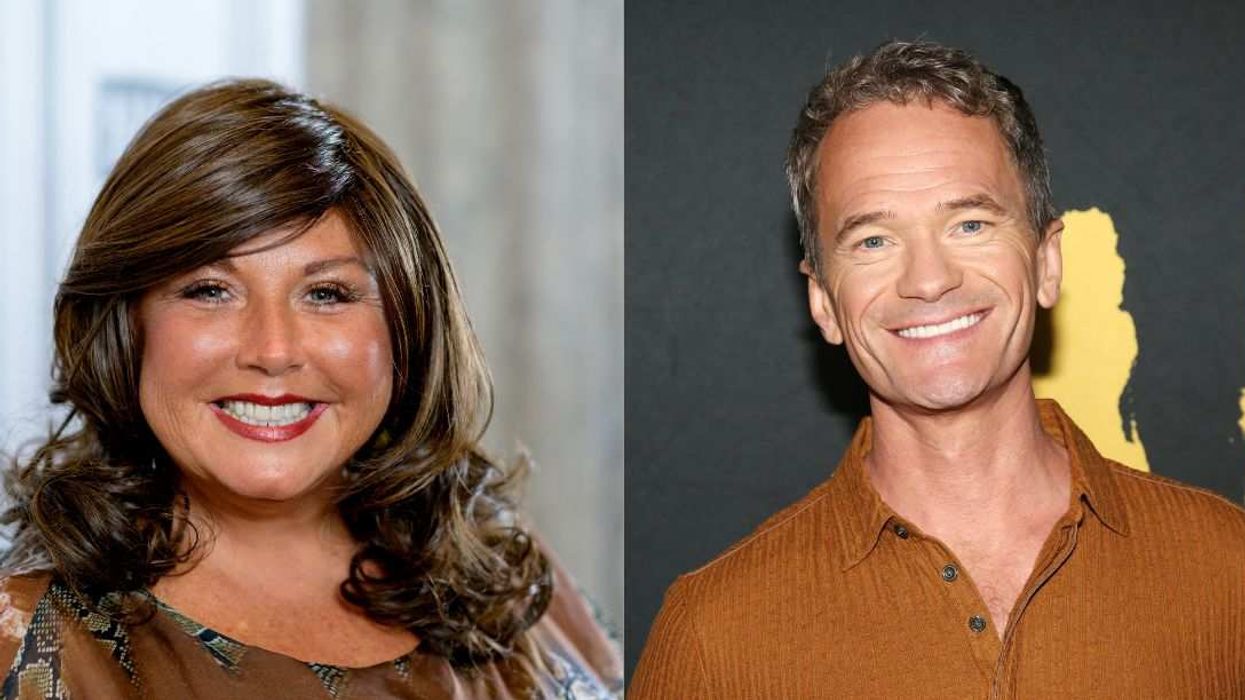
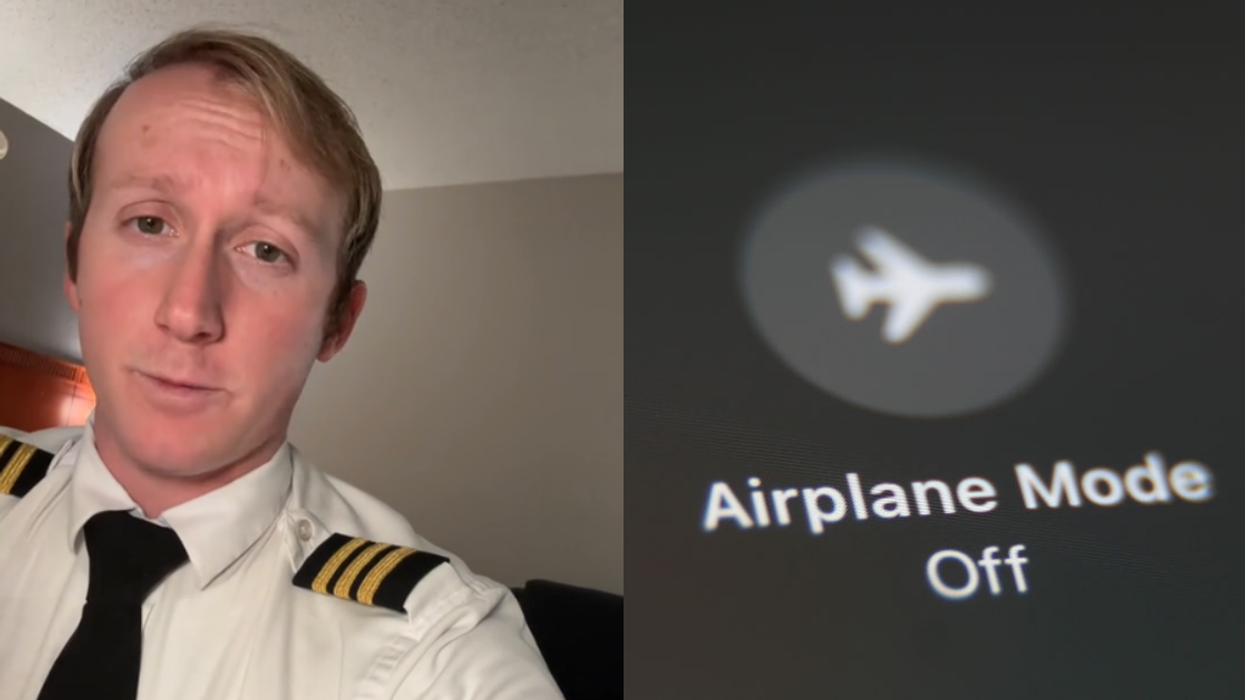

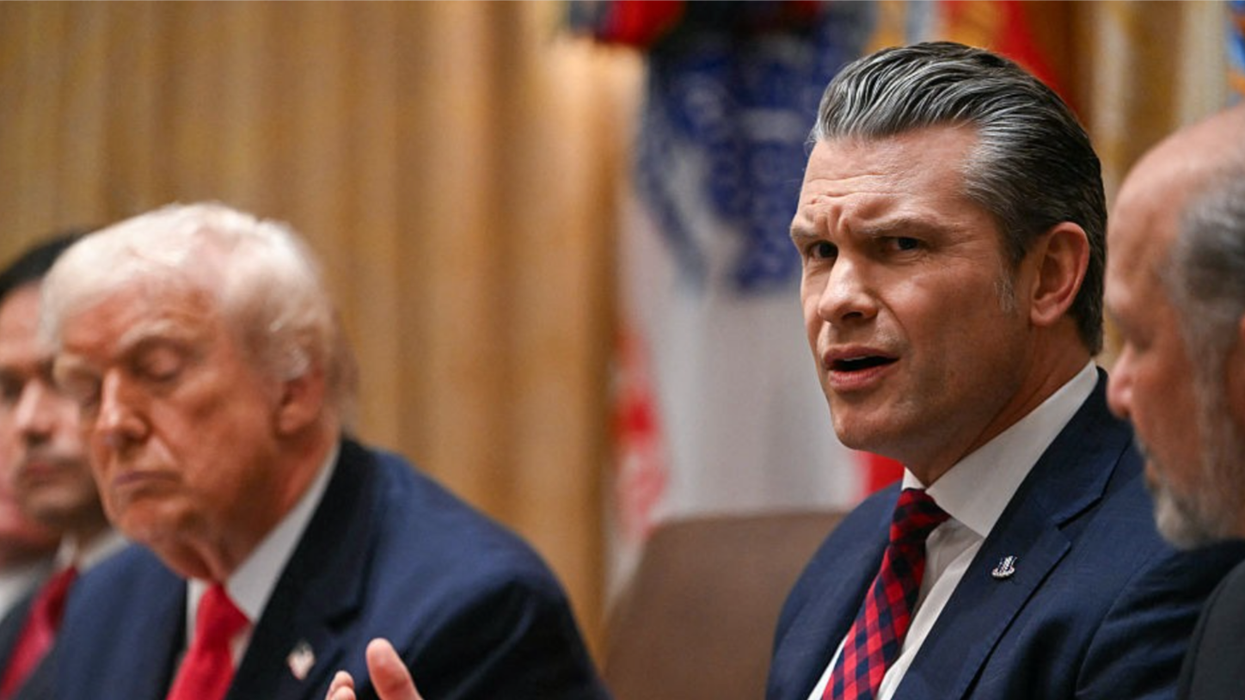


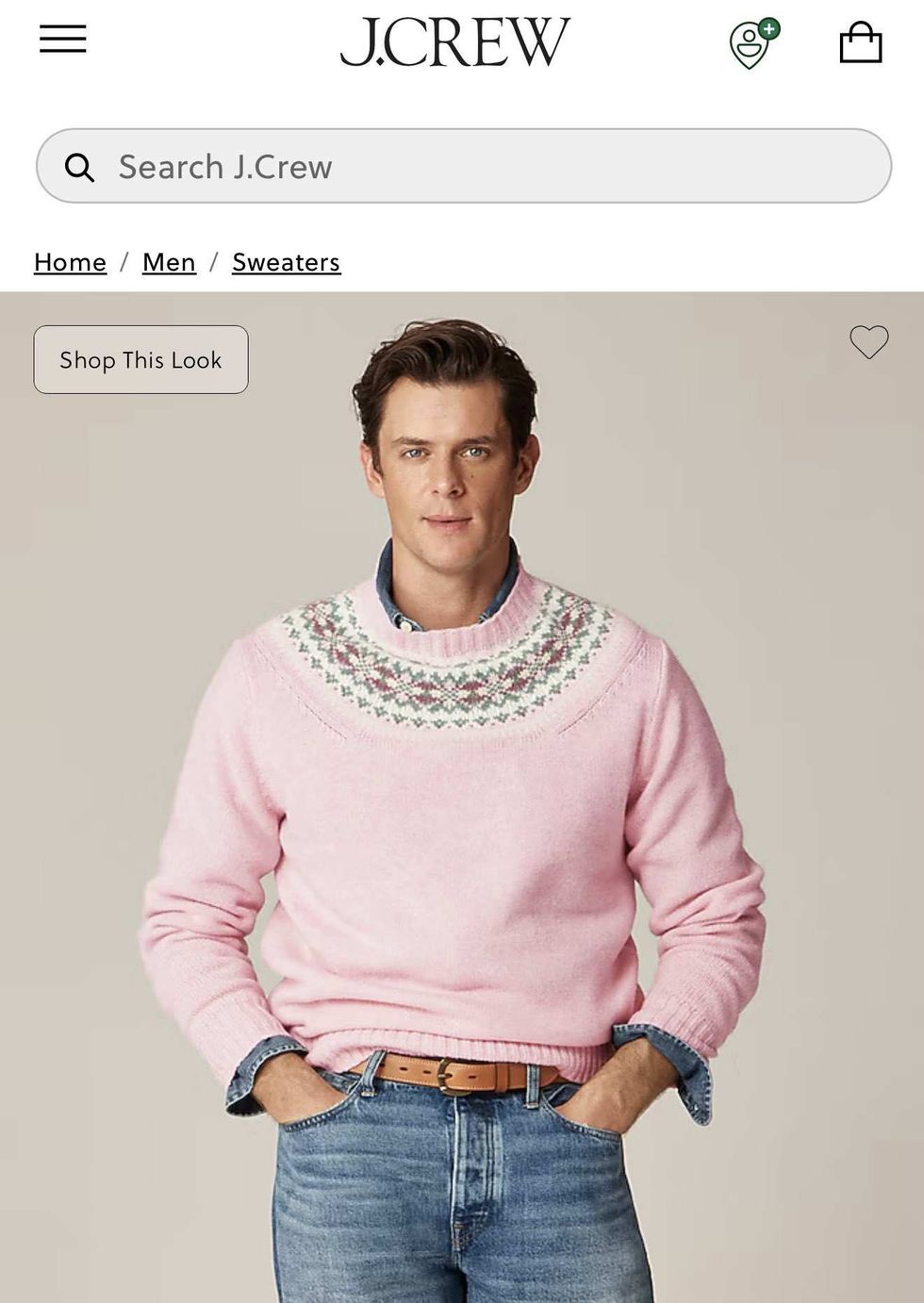 J. Crew
J. Crew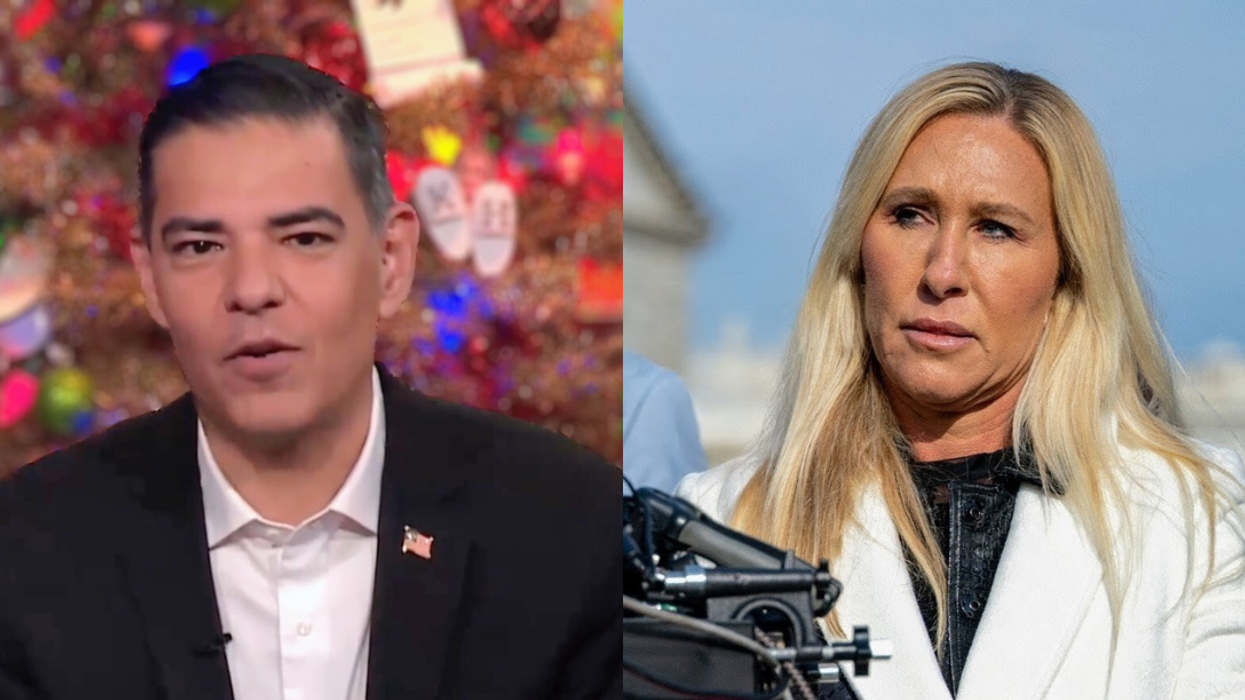
 @bravowwhl/TikTok
@bravowwhl/TikTok @bravowwhl/TikTok
@bravowwhl/TikTok @bravowwhl/TikTok
@bravowwhl/TikTok @bravowwhl/TikTok
@bravowwhl/TikTok @bravowwhl/TikTok
@bravowwhl/TikTok @bravowwhl/TikTok
@bravowwhl/TikTok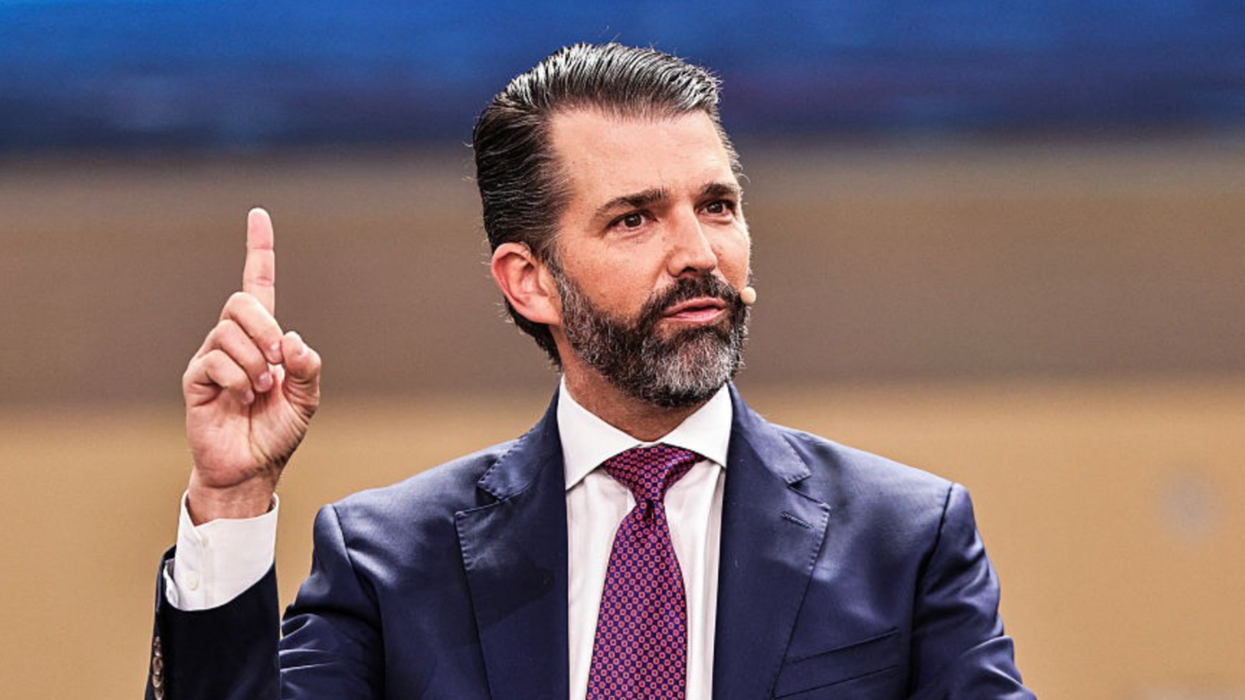

 wildlife mt GIF
wildlife mt GIF  Disney Perfect Loops GIF
Disney Perfect Loops GIF  Tired Music Video GIF by Elvie Shane
Tired Music Video GIF by Elvie Shane 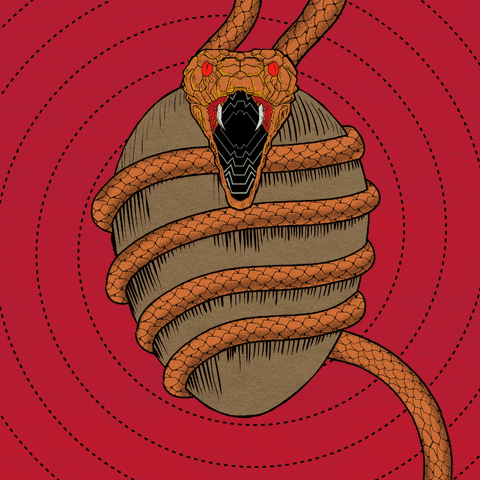 Art Magic GIF by rubedox
Art Magic GIF by rubedox